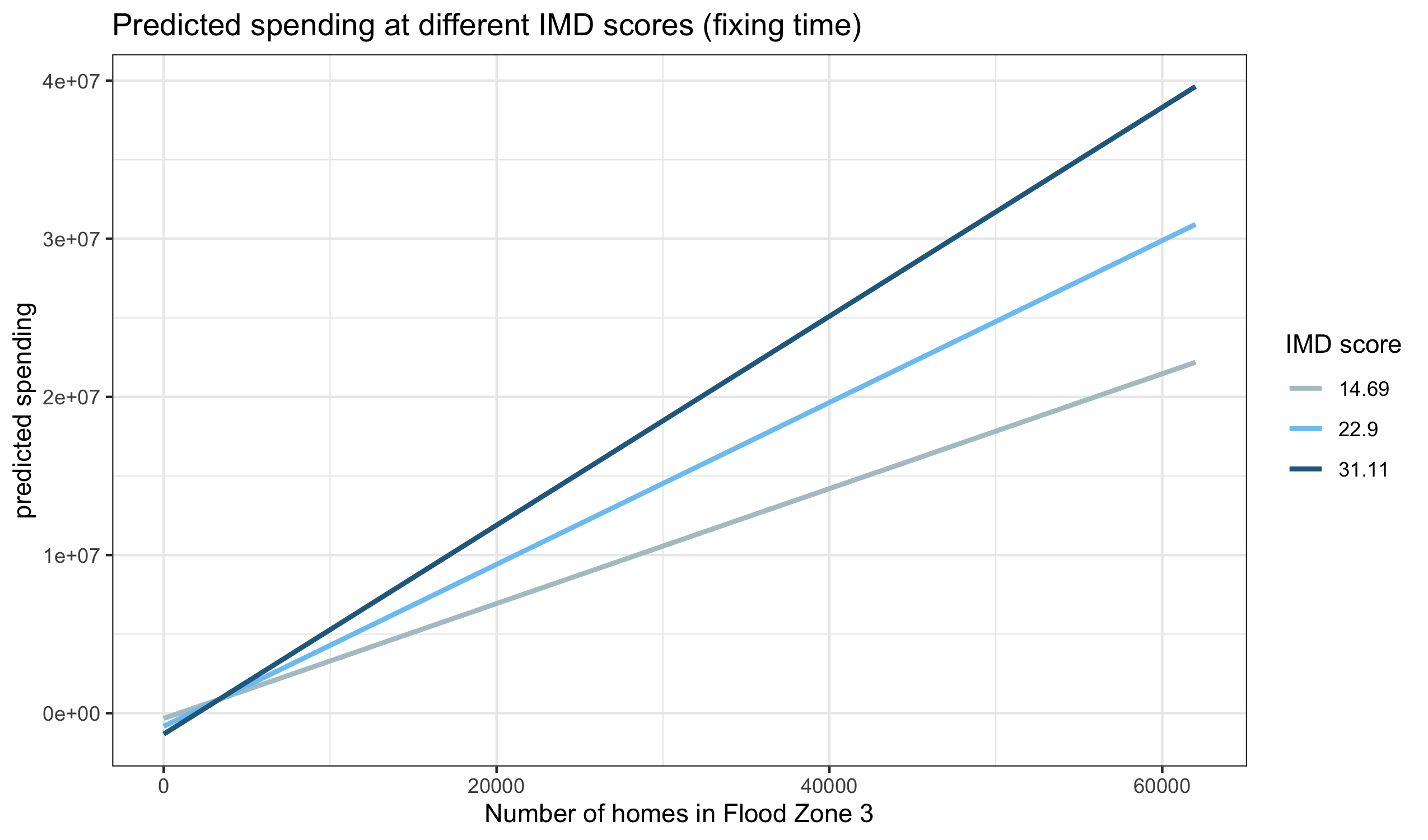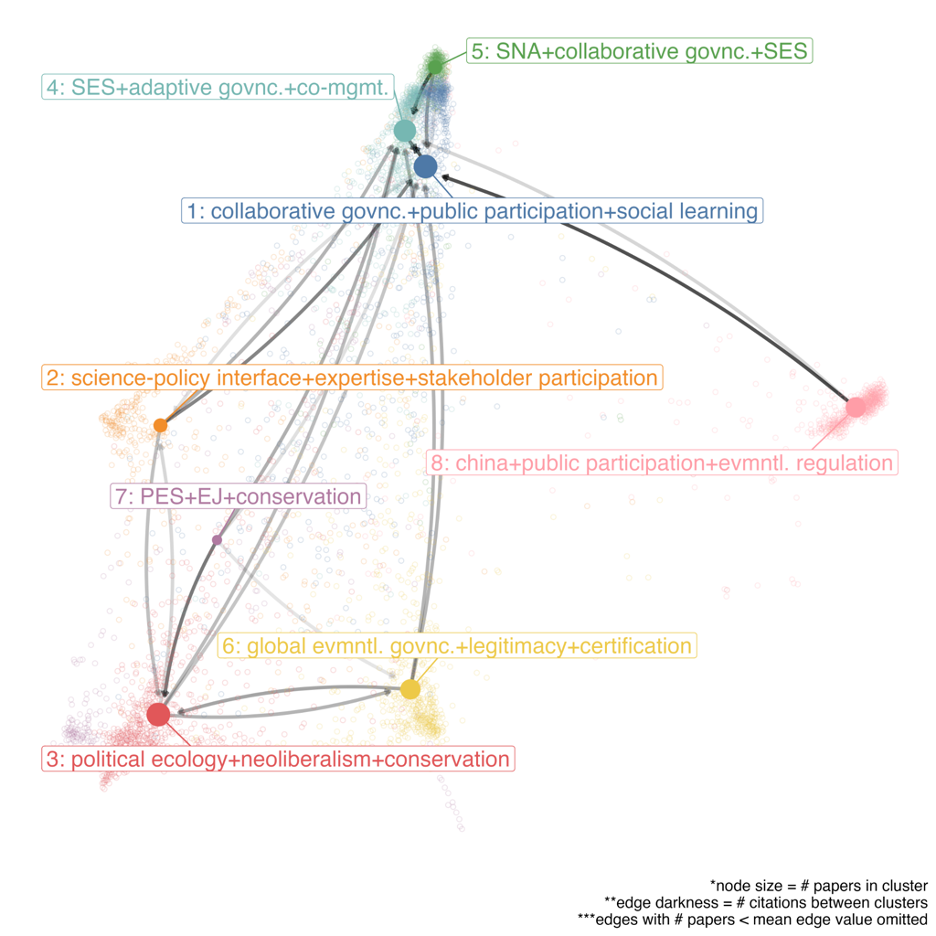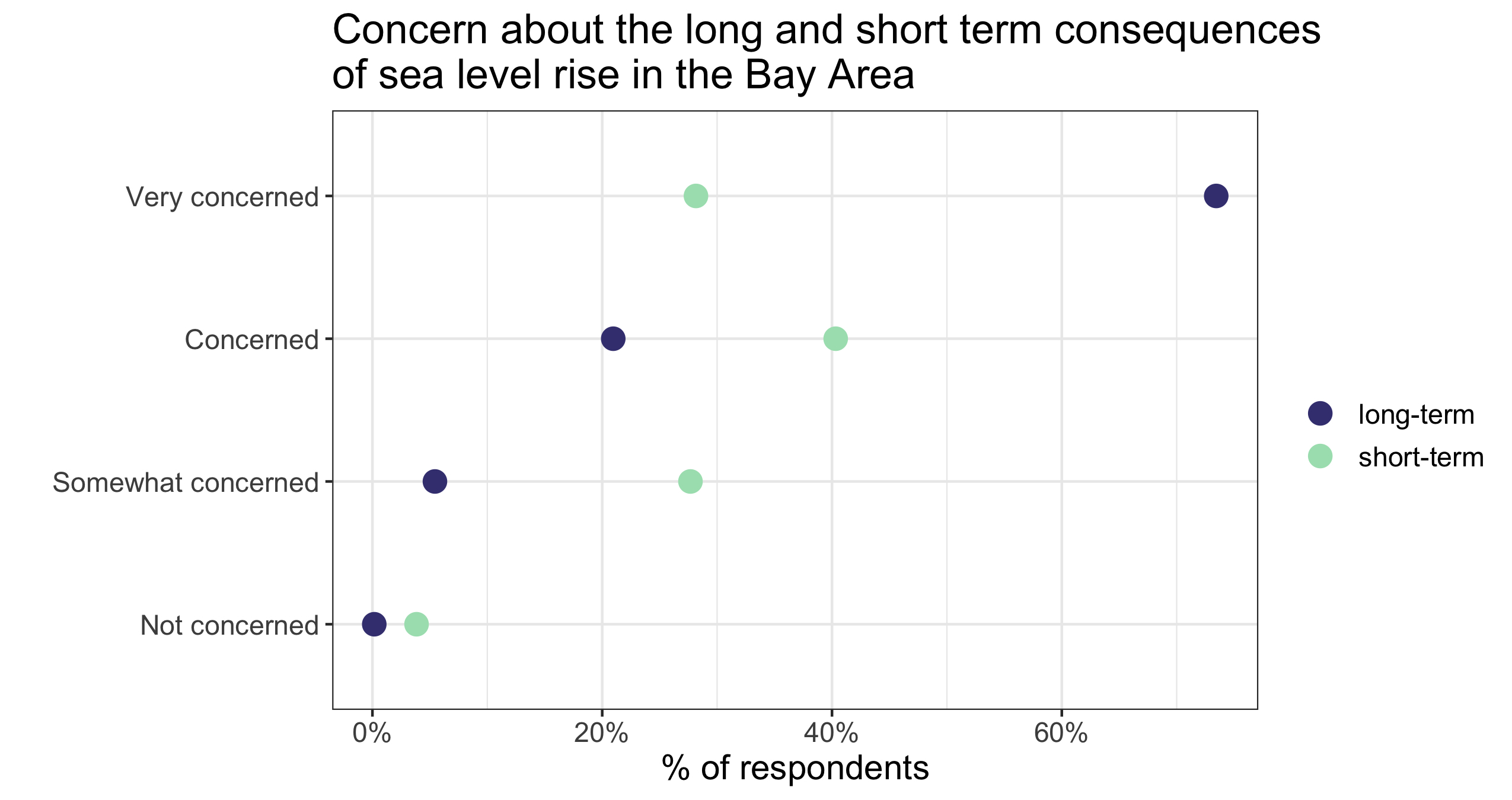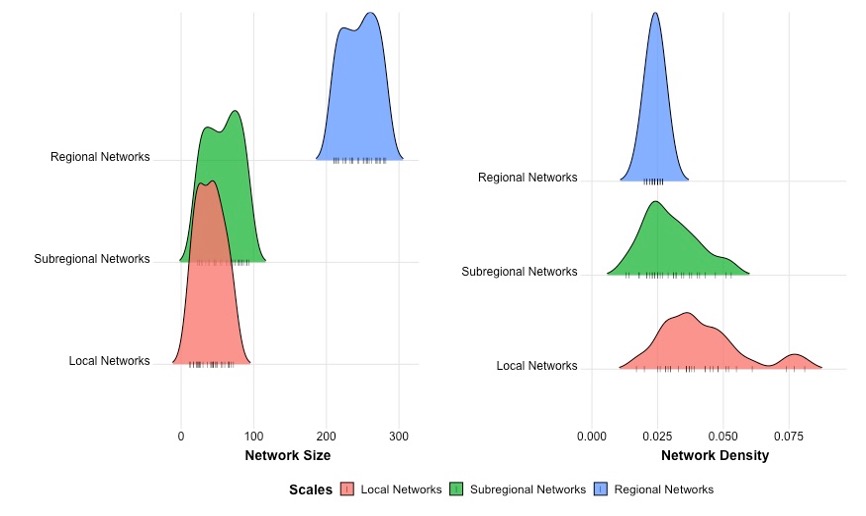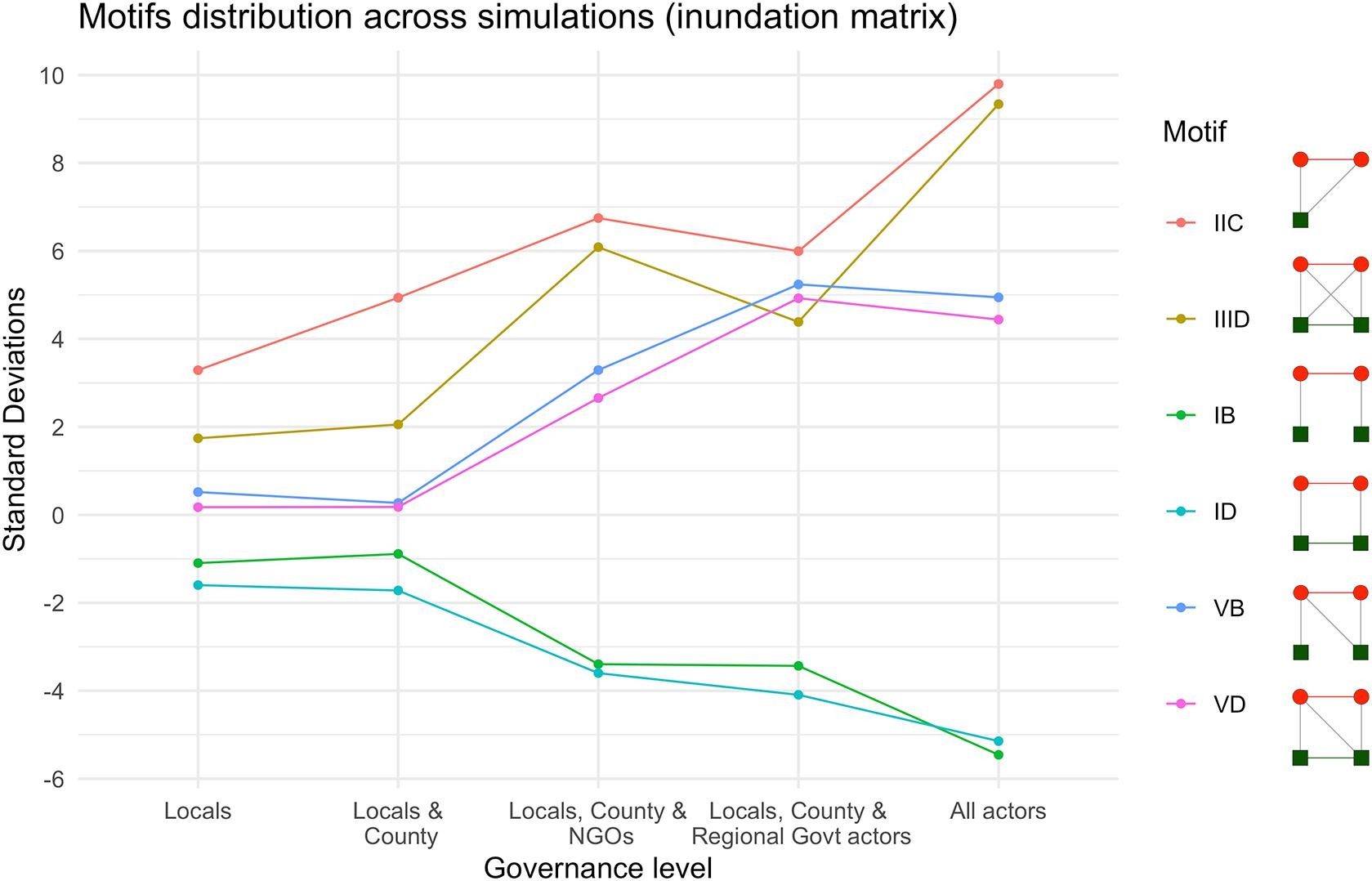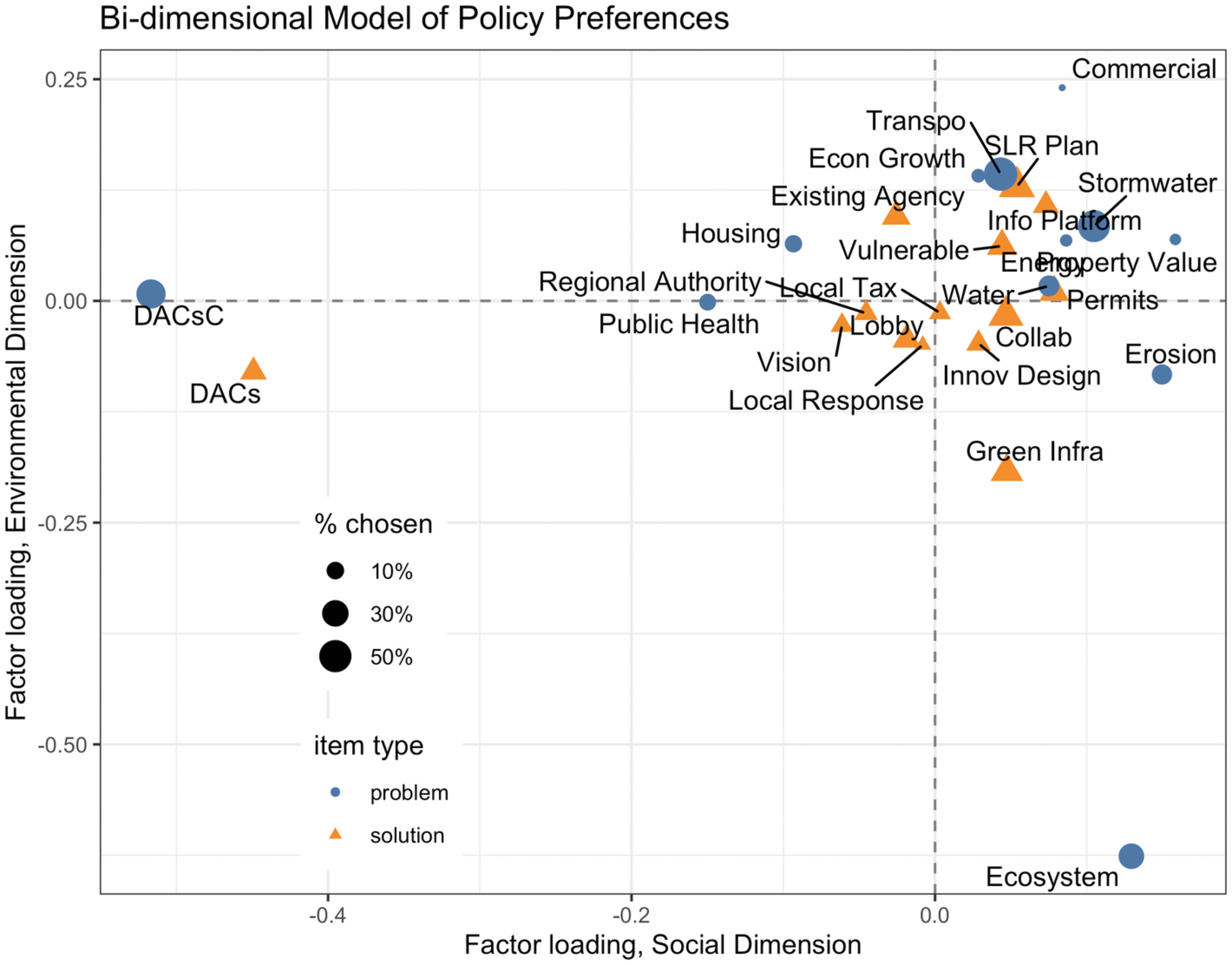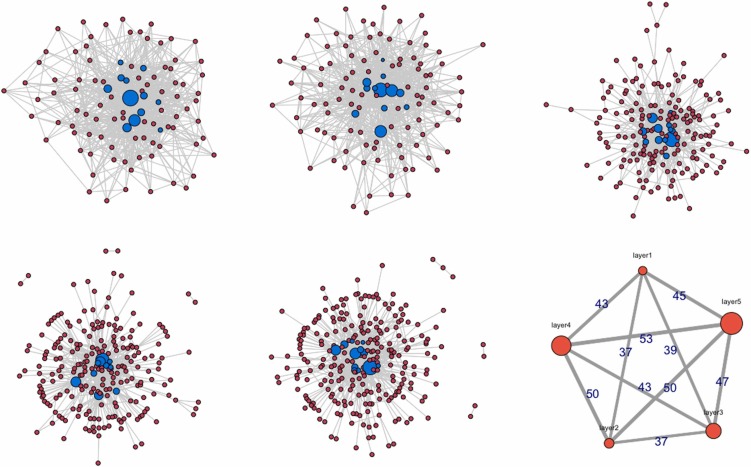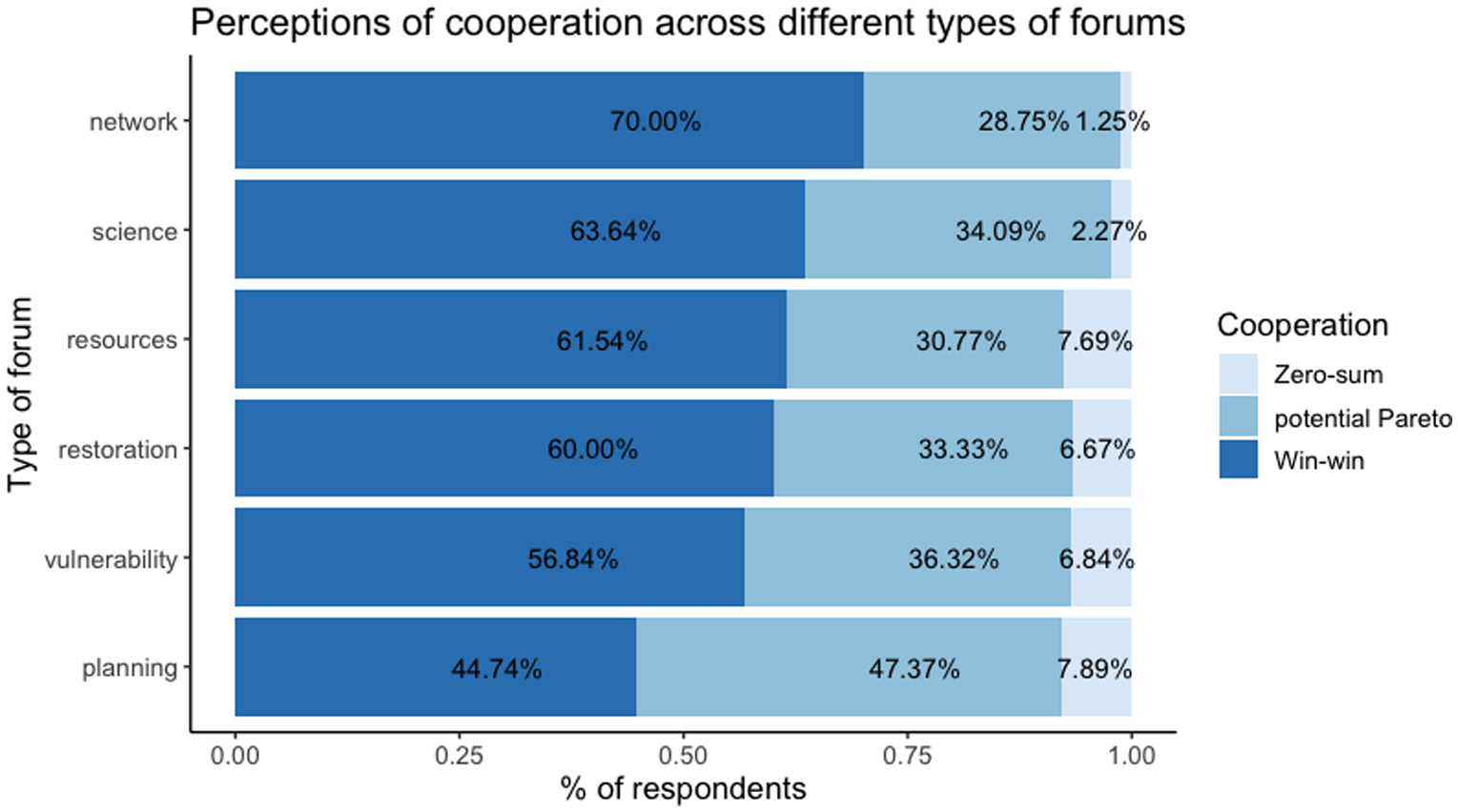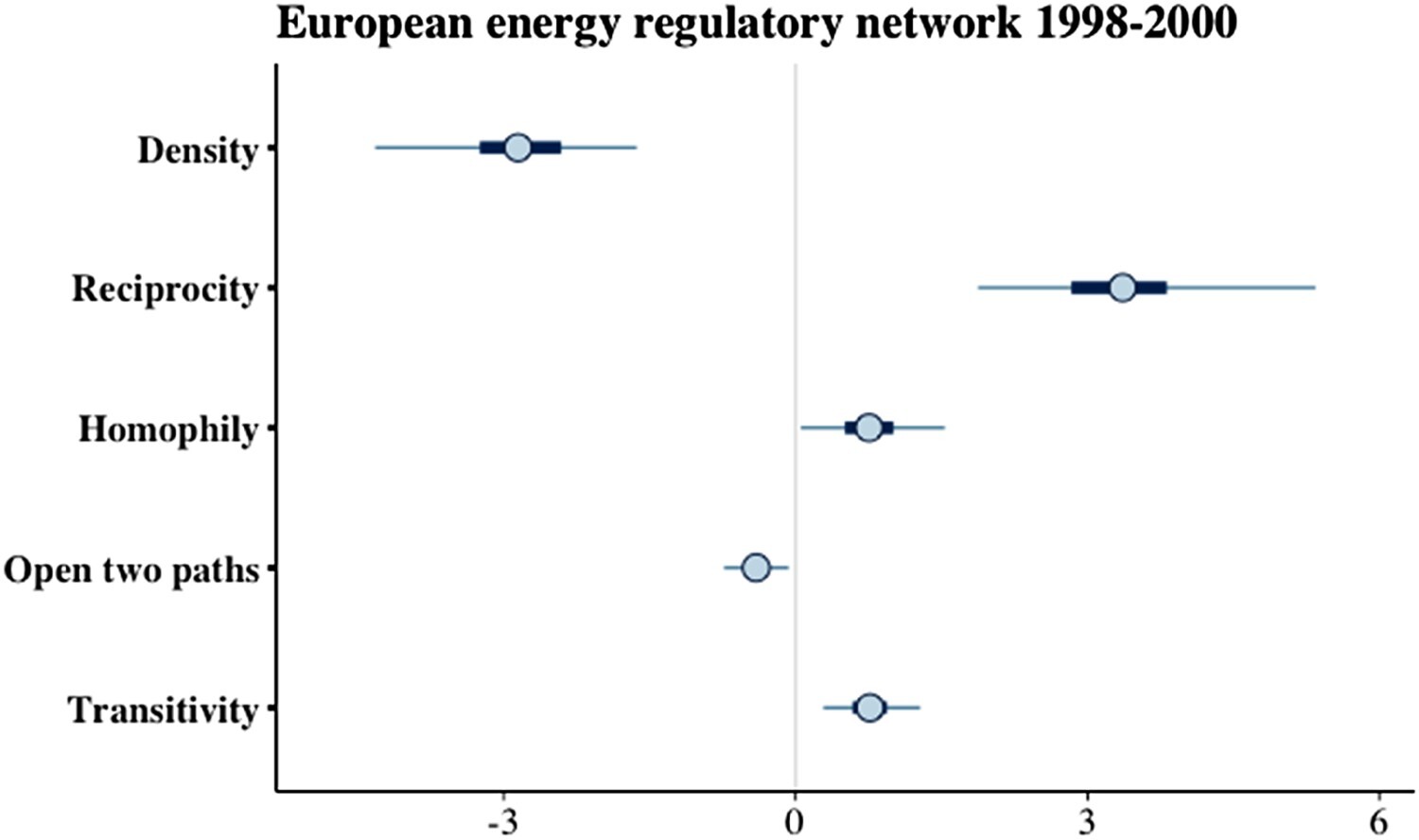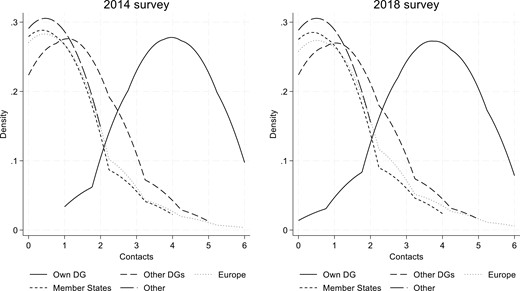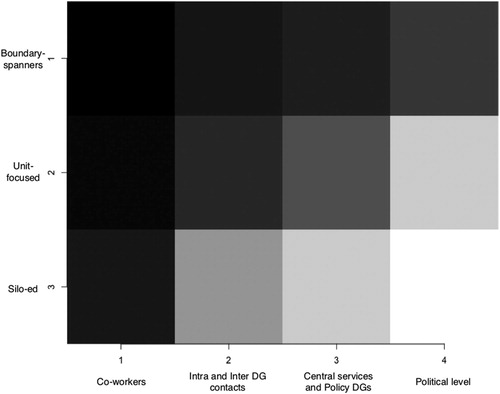My research agenda comprises three main strands:
- environmental policy & governance, where I study how policy actors address collective action problems of learning, cooperation and bargaining over costs and benefits of climate adaptation;
- regulation, where I have studied how regulators collaborate to influence the policy agenda; and
- European Union institutions, where I study the behaviour of European bureaucrats within their institutions.
The tabs below list only some key recent publications in each of these fields. For a full list of my publications, see my CV in the CV tab.
This is my most recently developed and currently core research agenda. I study planning and spending for flood risk management in England and its interplay with climate adaptation. A lot of this research is done in collaboration with James Porter, who is based at the Department of Geography, King’s College London.
Does flood risk funding protect the most vulnerable? A case study of England.
Here I study how policy actors (who may or may not deal with environmental problems as part of their job) come together to address an environmental issue that they all want to see addressed, but none can resolve on their own. My research in this area is shaped by the collaboration with Prof Mark Lubell (University of California, Davis) at the Center for Environmental Policy and Behavior (CEPB), and is focused on how polycentric governance systems respond to new collective action problems.
Tracing the path of knowledge on ‘environmental governance processes’ for theory-building.
Governing climate adaptation: sea level rise in the San Francisco Bay Area.
Geographic Scale Dependency and the Structure of Climate Adaptation Policy Networks in San Francisco Bay.
Informal water tankers, their network structure, and drivers of cooperation and competition: a case study in Beirut, Lebanon.
Creating adaptive social-ecological fit: The role of regional actors in the governance of Sea-level rise adaptation in San Francisco Bay
An item response approach to sea‐level rise policy preferences in a nascent subsystem.
Functional differentiation in governance networks for sea level rise adaptation in the San Francisco Bay Area.
The benefits of specialized knowledge in polycentric governance systems.
I started being interested in regulation and regulators before starting my PhD, while working as a research assistant at the Florence School of Regulation of the European University Institute (EUI) in Florence. Based on that experience, I decided to write a PhD dissertation on why and how regulators create informal networks. Several publications have resulted from that dissertation. Alongside my PhD, I did some research on how regulatory agencies use expertise in their decision-making depending on how politicised they are.
From learning to influence: the evolution of collaboration in European Administrative Networks
Internal network structures as opportunity structures: Control and effectiveness in the European competition network.
Networking for resources: How regulators use networks to compensate for lower staff levels.
Networks as First Best? Network Entrepreneurship and Venue Shifting in the Establishment of the Network of Euro–Mediterranean Energy Regulators
Regulatory relationships across levels of multilevel governance systems: From collaboration to competition
The drivers of regulatory networking: policy learning between homophily and convergence.
During my doctoral studies, I became involved in a series of projects on the European institutions led by one of my supervisors, Prof. Hussein Kassim, and others. That involvement has led to publications focused on EU bureaucrats and their behaviour within their organisations.
